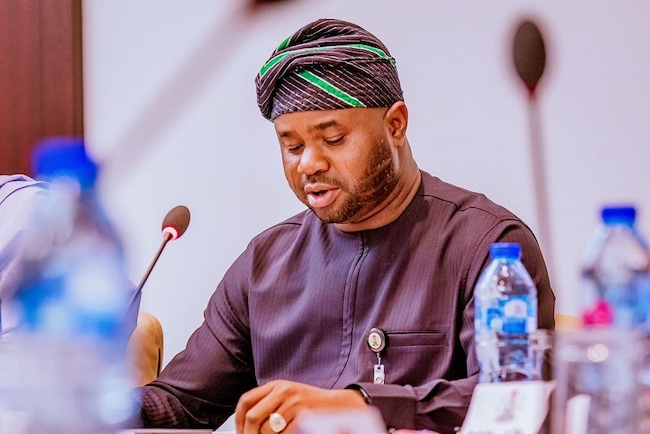
The Executive Chairman of the Federal Inland Revenue Service (FIRS), Zacch Adedeji, continues to earn praise for using public service to drive national development. Recently, Ayo Olopade, an influential sports administrator and CEO of Nilayo Sports Management, applauded the efforts of the FIRS under Adedeji’s leadership. He noted that Zacch Adedeji boosts sports by recognizing its role in economic growth and youth development.
Olopade spoke during an interview in Lagos where he emphasized the unique support the FIRS has shown toward sports initiatives. He explained that this commitment is rare among government agencies and deserves public recognition. According to him, Adedeji’s leadership brings fresh energy to both tax administration and social responsibility.
The FIRS has supported multiple sporting events in Nigeria, including marathons, athletics competitions, and grassroots projects. These investments are helping to create jobs, build infrastructure, and inspire young talents. Olopade stated that such gestures have a lasting impact and show that sport is more than entertainment.
He further described Adedeji as a leader who understands the power of sport in community building. Under his leadership, the FIRS is not only improving tax revenue but also empowering the private sector through sponsorships and partnerships. This approach is strengthening the link between governance, youth empowerment, and corporate responsibility.
Zacch Adedeji boosts sports with a clear vision. He is building bridges between the government and citizens by supporting activities that unite communities. Olopade praised this strategy and called on other public institutions to take a similar route. He said that when public offices show interest in societal growth, citizens become more engaged and motivated.
He also highlighted the business side of sports. Events like the Lagos City Marathon attract international attention, boost tourism, and open economic opportunities. The support of FIRS under Adedeji makes these events more sustainable and beneficial for all. This long-term thinking is rare and deeply appreciated by those in the sports industry.
Adedeji’s leadership style encourages collaboration, and his decisions are results-driven. Stakeholders in the sports sector now feel seen and valued. They see FIRS not just as a tax agency but as a partner in progress.
Olopade concluded by urging other government bodies to emulate the FIRS. He believes that more collective action can lift Nigerian sports to global standards. When agencies align with national goals, success becomes easier to achieve.
In today’s Nigeria, where youth engagement is key, this support could not have come at a better time. With leaders like Zacch Adedeji driving such initiatives, the future of sports looks brighter. His example shows how strategic leadership can transform sectors and uplift communities.
